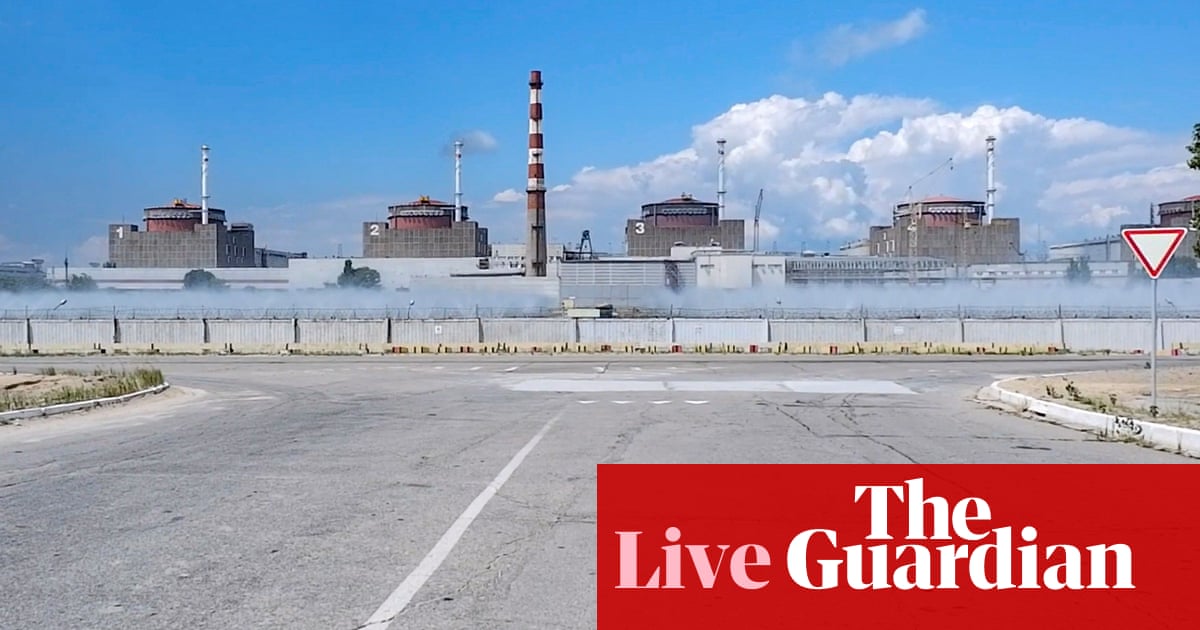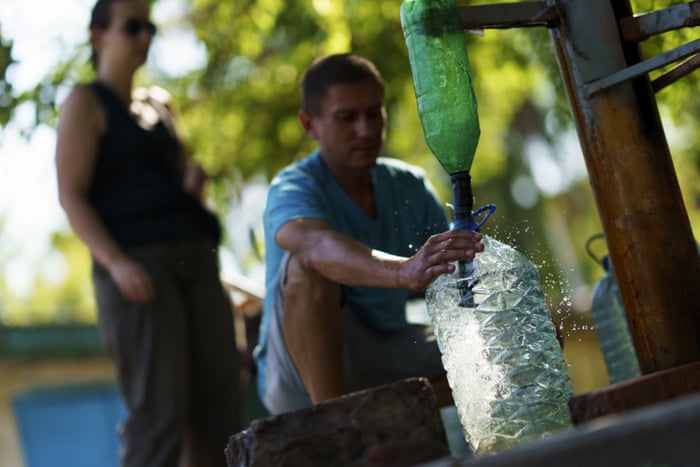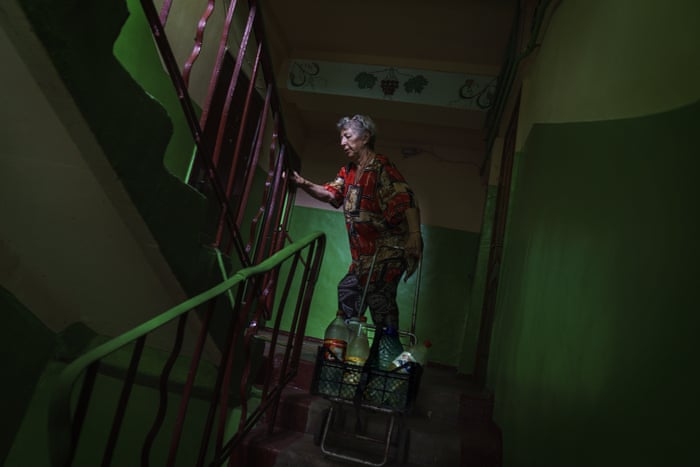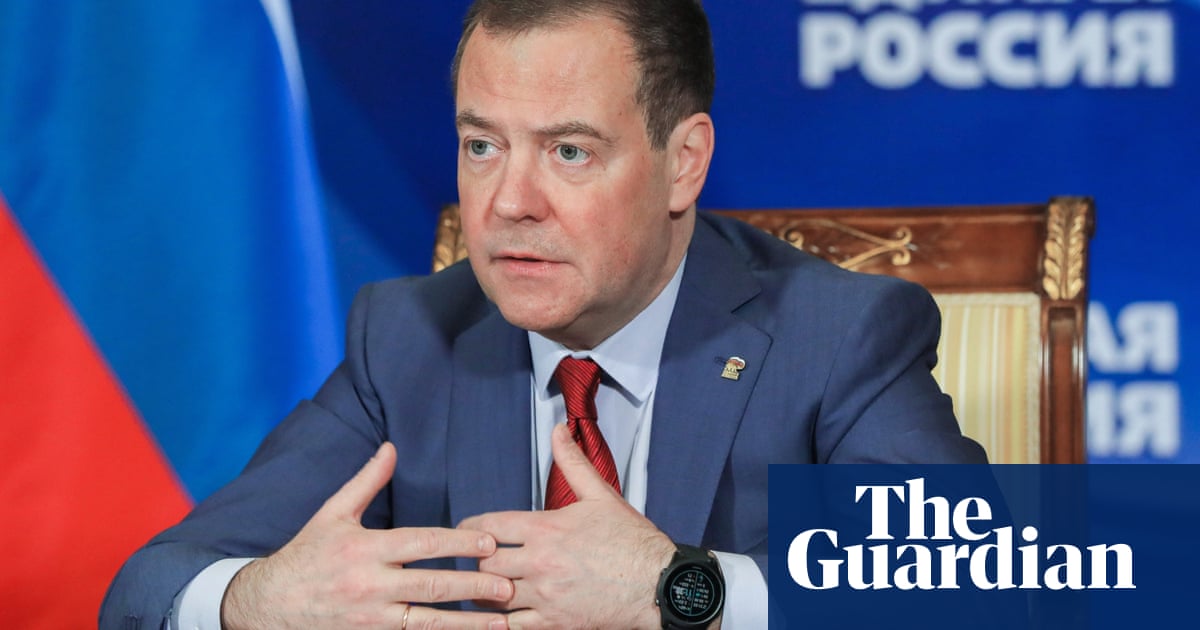“The paradox was that exactly after Medvedev did what Putin wanted, Putin stopped trusting him, and that turned Medvedev’s life into misery,” said Pavlovsky.
In Medvedev’s subsequent public appearances, he already looked a broken man. He was frequently caught on camera napping at official events, including at the opening ceremony of the Sochi Winter Olympics in 2014. A
video investigation by Navalny linked a network of palaces and vineyards to Medvedev. He denied the allegations, but there followed a
wave of street protests from those who felt Medvedev had turned out to be just as venal as others in the Russian elite.
As time went on, rumours swirled in Moscow political circles about Medvedev’s increasing alcohol consumption. In 2020, Putin told him to
resign as prime minister but gave him a token job as deputy chair of the security council.
“There’s a lot of things going on inside his head, of course, but I think a big part of his current behaviour is a sense of personal anger and resentment at Russian liberals, who in the end did not accept him,” said one source who knows Medvedev.
In the decade after Medvedev left the presidency, hopes for any kind of genuine liberalisation in Russia faded. In 2014, Putin decided on the
annexation of Crimea, and since then the system has only grown more authoritarian.
TV Rain, the television station promoted by Medvedev, was taken off air in 2014. In 2021 it was branded a “foreign agent” and its online output was effectively outlawed soon after Russia’s invasion of Ukraine. It recently started broadcasting again from outside Russia.
Twitter, once so beloved by Medvedev, was
banned in Russia earlier this year. And now, instead of talking about copying innovative economic ideas from the US, Medvedev talks about nuclear war.
According to Pavlovsky, the increasing authoritarianism of the Putin regime, and even the invasion of Ukraine, can be traced back to the failed attempts to manage a transition.
“Medvedev lost it a bit when he wasn’t able to keep the presidency, and I think Putin lost it a bit too when he realised there was no way to make a transition of power work. The system had no mechanisms to do it … and it’s partly because of that failure of transition that we have ended up where we are today.”
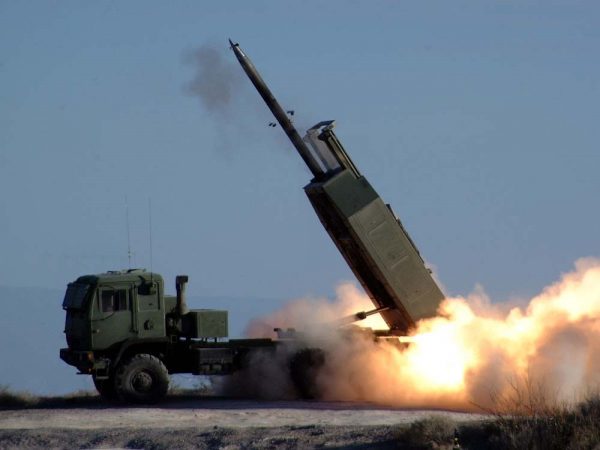
 eurasiantimes.com
eurasiantimes.com


